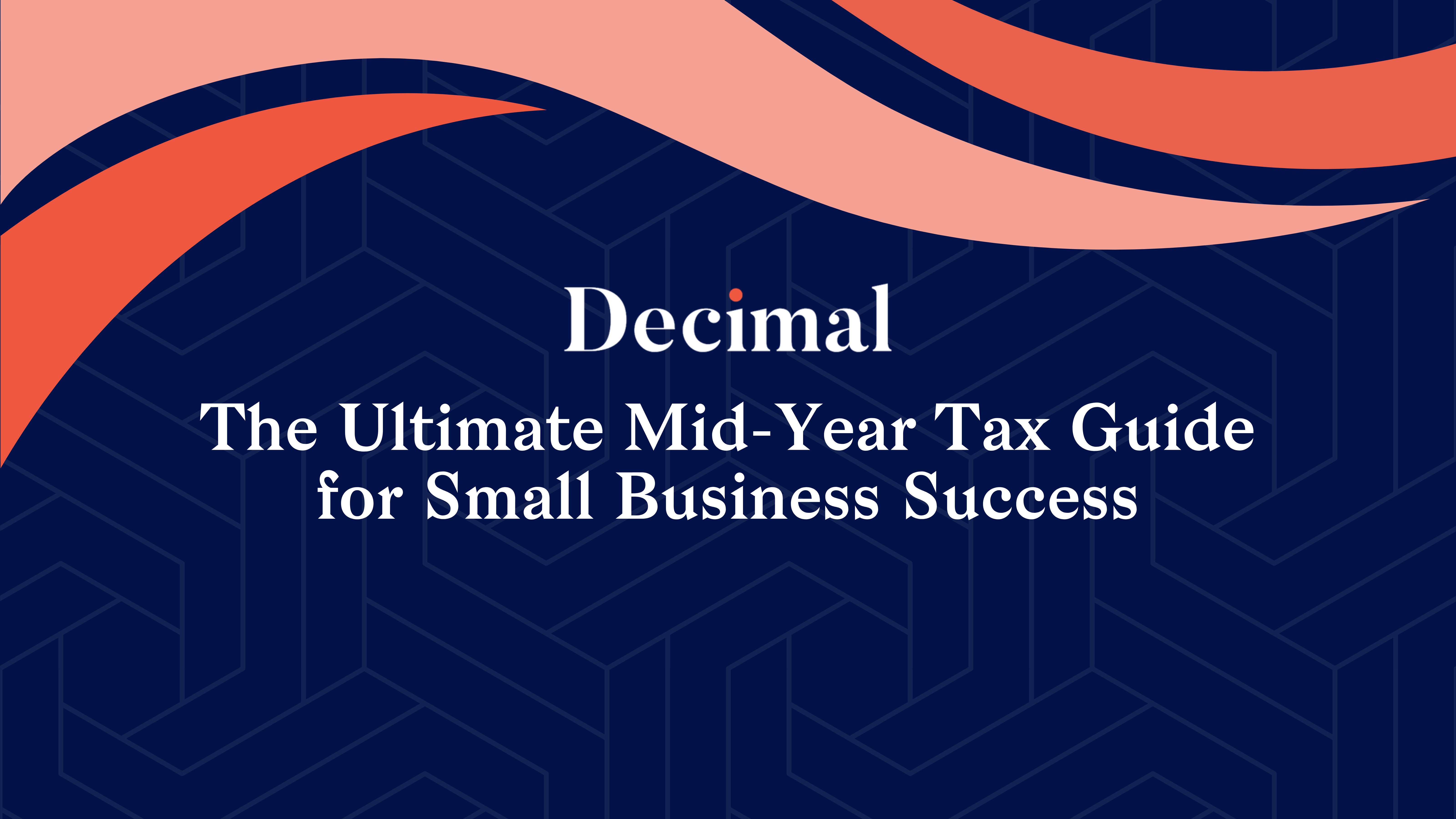The Ultimate Mid-Year Tax Guide for Small Business Success
With the right tax tips and guidance, however, small businesses can maximize savings and streamline their financial processes. This ultimate mid-year tax guide is designed to empower entrepreneurs, finance professionals, and accountants by providing clear, actionable insights into effective tax strategies. From optimizing deductions to planning for the next fiscal period, this resource aims to build confidence and ensure your business is primed for success. Join us as we explore essential mid-year tax strategies that can transform your approach to financial management and fortify your business's foundation.
Mid-Year Tax Strategies Overview
Importance of Mid-Year Tax Planning
Mid-year tax planning is a proactive approach that helps businesses stay on top of their financial responsibilities. By evaluating your tax situation halfway through the year, you can identify opportunities for savings and make necessary adjustments to avoid potential liabilities.
Effective tax planning includes analyzing current financial statements and projecting future income. This allows small business owners to estimate taxes owed and take corrective actions if needed. It also provides a chance to adjust withholdings and update financial goals.
Moreover, mid-year planning reduces stress during year-end tax season. It provides ample time to gather documents and seek professional advice. This ensures you aren't scrambling to meet deadlines or missing out on potential deductions.
Common Tax Mistakes to Avoid
Small businesses often make common tax mistakes that can lead to increased liabilities or penalties. Being aware of these errors is essential for effective financial management.
One frequent mistake is failing to track all eligible expenses. Many business owners miss out on deductions simply because they didn't keep proper records. To avoid this, implement a robust bookkeeping system that captures every transaction.
Another error involves incorrect tax filing status. Choosing the wrong classification can result in paying more taxes than necessary. Consult a tax professional to ensure you're filing correctly.
Furthermore, neglecting to pay estimated taxes can lead to underpayment penalties. Stay on top of your quarterly tax obligations to avoid these additional costs.
Essential Tax Tips for Small Businesses
Maximizing Deductions and Credits
Maximizing deductions and credits is crucial for reducing your overall tax burden. Small business owners should be aware of all available tax deductions and credits to take full advantage of them.
- Identify eligible expenses, such as office supplies, travel, and utilities. Keep detailed records to substantiate these deductions.
- Explore available tax credits. Certain credits, like the Research and Development Credit, can significantly reduce tax liabilities.
- Consider hiring an accountant to ensure you're capturing all possible deductions and credits.
Real-world example: A small tech startup saved thousands by leveraging research and development tax credits, which encouraged further investment in innovation.
Streamlining Record Keeping Practices
Efficient record-keeping practices are the backbone of effective financial management. By maintaining organized records, small businesses can easily access financial data and ensure compliance during tax season.
Start by adopting digital accounting software to automate and simplify record-keeping. This reduces the risk of human error and enhances data accessibility. Regularly update and reconcile your accounts to maintain accuracy.
Additionally, set up a system for organizing receipts and invoices. This ensures you have the necessary documentation to support your deductions. An organized approach saves time and reduces stress when filing returns.
Lastly, conduct periodic audits of your financial records to identify discrepancies early. This proactive approach allows for timely corrections and enhances financial transparency.
Leveraging Professional Financial Services
Benefits of Outsourcing Tax Tasks
Outsourcing tax tasks can offer numerous benefits to small businesses. By delegating these responsibilities to professionals, you can focus on core business activities and improve overall efficiency.
- Cost-efficient: Hiring a full-time accountant can be expensive for small businesses. Outsourcing provides access to expertise at a fraction of the cost.
- Expert advice: Financial experts offer insights and strategies that could save money and ensure compliance with tax laws.
- Time-saving: Professionals handle complex tax tasks, freeing up your time for business growth activities.
An entrepreneur noted, "Outsourcing our tax tasks to a professional service allowed us to concentrate on expanding our product line without the stress of managing finances."
Choosing the Right Financial Partner
Choosing the right financial partner is pivotal for your business's success. Here are some steps to help you make an informed decision:
- Assess your needs. Determine what financial tasks you want to outsource and what services you'll require.
- Research potential partners. Look for firms with experience in your industry and positive client feedback.
- Evaluate costs and services. Ensure the services offered align with your budget and business goals.
For example, a local bakery partnered with a financial service that specialized in small businesses, resulting in optimized tax strategies and improved financial health.
By leveraging professional expertise, businesses can ensure accurate tax filings, compliance, and strategic financial planning.
Why choose Decimal?
Decimal stands out as a trusted advisor in the realm of tax services, offering tailored solutions to meet the unique needs of small to midsized businesses. Our team of dedicated professionals ensures that every client receives comprehensive support, from meticulous tax preparation to strategic planning. By choosing Decimal, you partner with experts who prioritize reliability and compliance, ensuring your business not only meets current tax obligations but is also well-prepared for future fiscal challenges.
At Decimal, we are committed to being your supportive partner in achieving financial success and building lasting trust through our expert services. Talk to one of our professionals today!
Getting started in days.
Ready to simplify your accounting? Schedule a call with our team and explore your options. We’d love to hear from you!

